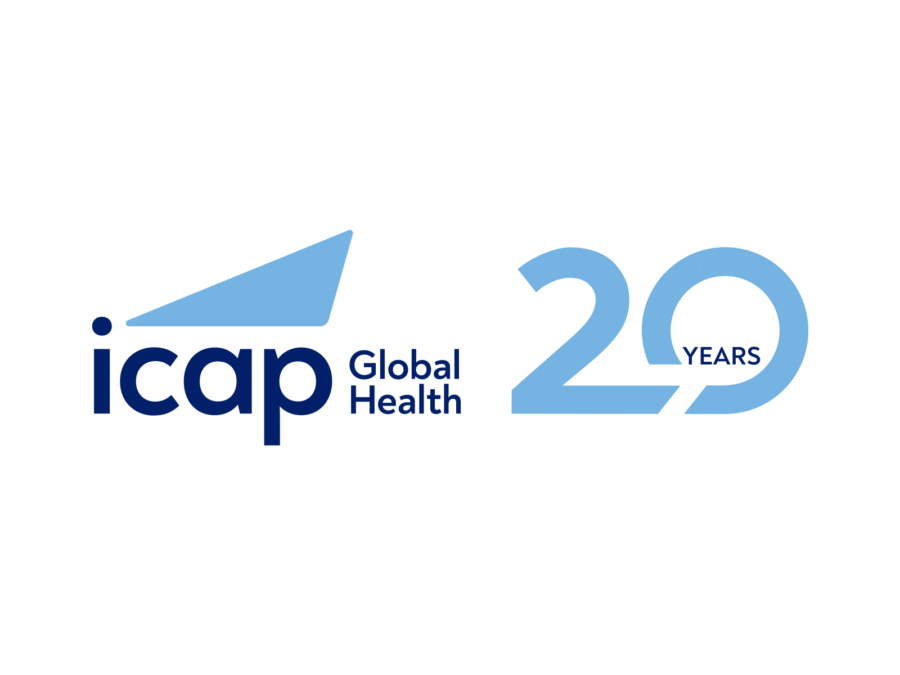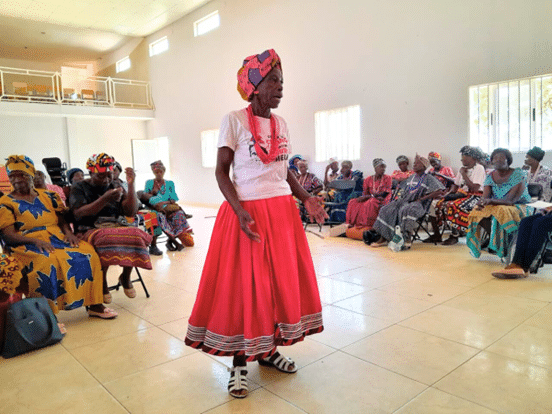A successful malaria prevention and control program depends on high quality diagnostic services. Laboratories must be properly equipped, staff must be adequately trained, and results need to be accurate. Microscopy is the gold standard method to diagnose malaria, and a skilled microscopist is essential to ensure reliable malaria diagnosis.
To meet a high standard of malaria care, the World Health Organization (WHO) recommends quality malaria microscopy trainings, blind rechecking of malaria slides for quality assurance purposes, and mentorship to peripheral health facilities by WHO-certified expert microscopists. Until recently, Ethiopia only had one expert microscopist. As a result, it was difficult to provide support for quality trainings to other microscopists or recheck malaria slides collected from health facilities to ensure quality control.
To address this gap, ICAP partnered with the Ethiopian Public Health Institute (EPHI) on a five-year project, supported by USAID’s President’s Malaria Initiative, to strengthen Ethiopia’s laboratory system by increasing the number of WHO-certified expert microscopists. In 2015, ICAP and EPHI led a two-week intensive training to 13 microscopists drawn from ICAP-supported national and regional reference laboratories across the country.
Participants received hands-on training and practical demonstration from senior malaria laboratory experts from ICAP and EPHI. They used malaria slide sets comprised of all species of human malaria parasites, and learned every aspect of parasite detection, identification, and quantification of parasite load. At the end of the intensive training program, WHO assessors tested the newly-trained microscopists to validate their competency.
Of the 13 training participants, eight qualified as WHO-certified expert microscopists and the remaining five became competent microscopists. “This is one of the best trainings undertaken recently where all the participants achieved trainer’s level,” said Mr. Stephen Munene, lead assessor of this course.
“This achievement would enable us to have a large pool of local WHO-certified expert readers who will validate standardized malaria blood film slides that we are producing for the national malaria slide bank in-country,” said Mr. Abnet Abebe, associate researcher and malaria focal person at EPHI.
“We will use these validated standardized slides as resource for external quality assurance as well as for national and international trainings.”
Previously, Ethiopia sent slides to the Philippines for examination and approval, but this training will enable Ethiopia to examine and approve slides in-country. Once approved by WHO, the slide bank can be utilized as a regional and global source of standardized malaria blood film slides for training and quality control.
“Nobody dreamed of such an achievement in such short time,” said Mr. Gonfa Ayana, director of the Regional Laboratories Capacity Building Directorate at EPHI. “These experts can now provide trainings, supportive supervision, mentoring, and coaching to other microscopists to improve the quality of malaria diagnosis at other health facilities.”
“This achievement is taking Ethiopia to the next level of malaria laboratory diagnosis,” said Dr. Zenebe Melaku, ICAP country director in Ethiopia. “We are certainly in a better position to continue the fight towards malaria control and elimination.”
With PMI’s support, ICAP is working with its partners to bring Ethiopia closer to the goal of zero malaria deaths by 2020.








